Panelists Disagree Over FCC's Junk Fee Approach
Expert panelists on Broadband Breakfast Live Online divided on whether Rosenworcel's approach to junk fees was too sweeping.
Joel Leighton

WASHINGTON, August 5, 2024 - Expert panelists disagreed on the Federal Communications Commission's approach in tackling Junk Fees during last Wednesday's Broadband Breakfast Live Online webcast.
Since President Biden’s Executive Order to address junk fees, the FCC has proposed several measures to tackle the issue in the telecom sector. FCC Chairwoman Jessica Rosenworcel has proposed a potential ban on bulk billing for internet service in multi-tenant dwelling units, as well as restrictions on early termination fees and billing cycle fees imposed by cable TV and satellite TV operators.
 Broadband BreakfastBrian Hurley
Broadband BreakfastBrian Hurley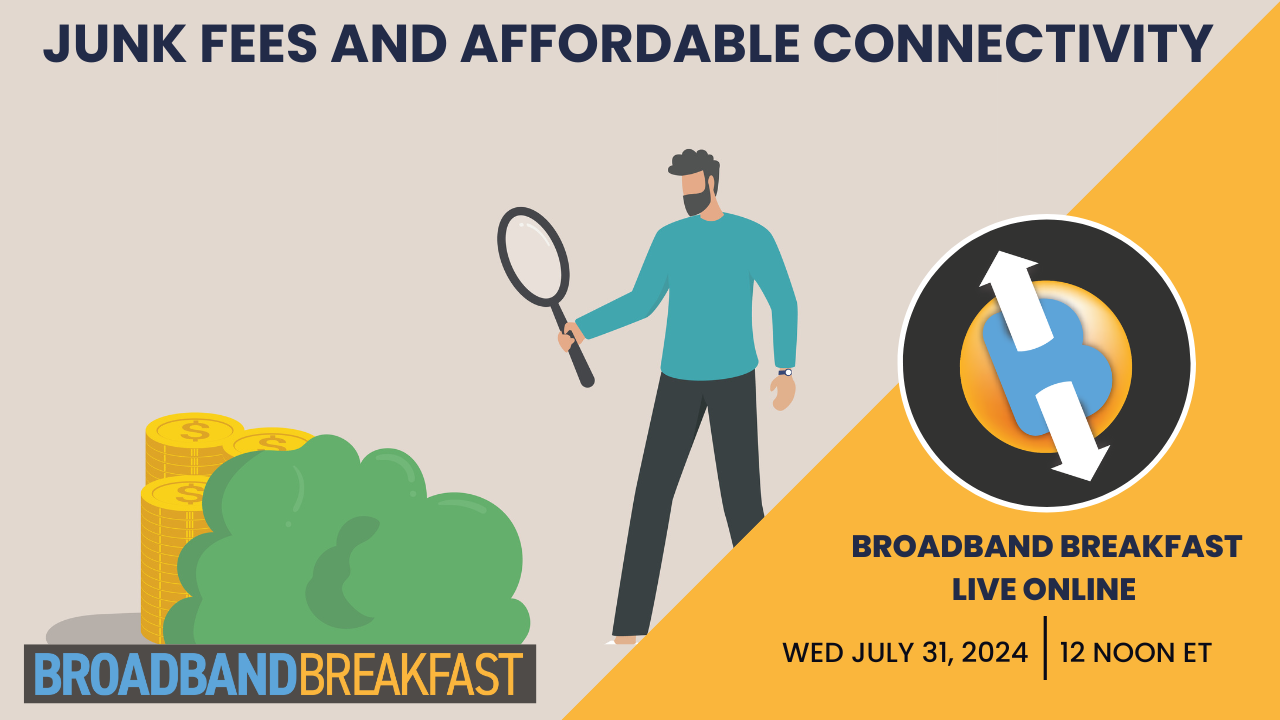
Although some leaders in the video and internet sectors have criticized Rosenworcel’s proposals as harmful to consumers, others outside the industry have praised her initiatives for attempting to improve the customer experience.
John Bergmayer, legal director at the interest group Public Knowledge, supported the Rosenworcel's plans because it was “unfair” for consumers to be hit with costs after they commit to a purchase.
“People feel they’re getting ripped off,” Bergmayer said. “It’s hard to see how you can have a market truly function if people don’t really have an awareness of how much [something costs] until after they have committed to buy it.”
Bergmayer said it is “legitimate and wonderful” for providers to clearly explain to consumers where their money is going.
Mike Lynch, legislative and regulatory affairs director at the National Association of Telecommunications Officers and Advisors (NATOA), echoed Bergmayer’s perspective.
“I think what’s being done in the Biden administration and in today’s FCC, there’s just an attempt at transparency and honesty and clarity for the consumer, and we welcome that,” said Lynch.
However, some panelists argued that Rosenworcel’s approach to junk fees would disrupt a dynamic marketplace.
Mark Jamison, a nonresident senior fellow at the American Enterprise Institute, said as a former regulator, he would not take the FCC’s direction.
“I appreciate the complexity and the difficulty of trying to make sure the consumers have the information they need but it sometimes just doesn’t work to tell them, 'Here’s what you get and here’s what you’re supposed to be paying attention to,'” Jamison said.
Jamison added that regulators cannot create a one-size-fits-all policy that addressed the varied backgrounds and situations of consumers.
Brian Hurley, the chief regulatory counsel of ACA Connects, a trade association for hundreds of independent broadband service providers, said that the notoriety from the “junk fee” label was not representative of the practices of his member companies.
Hurley agreed with Jamison’s assessment that a blanket regulatory approach might not adequately strike the issue.
“What information is the essential information that a consumer needs to know in any particular context … especially when the price will vary from customer to customer? It’s impossible to capture all that variability,” Hurley said.

Broadband Breakfast on July 31, 2024 - It's All About Costs: Junk Fees and Affordable Connectivity
In an era where connectivity is essential, consumers are facing a hidden battle on their broadband bills. Lurking beneath advertised rates, some argue, "junk fees" have silently inflated costs and eroded trust. This panel will unravel the complex story of how these fees are impacting affordable connectivity and distorting market competition. From the White House to state legislatures, efforts are underway to combat these practices. Join us as we explore broadband pricing, transparency, and affordable internet connectivity.
Panelists
- Brian Hurley, Chief Regulatory Counsel, ACA Connects
- Mike Lynch, Legislative & Regulatory Affairs Director, National Association of Telecommunications Officers and Advisors (NATOA)
- John Bergmayer, Legal Director, Public Knowledge
- Mark Jamison, Nonresident Senior Fellow, American Enterprise Institute
- Drew Clark (moderator), CEO and Publisher, Broadband Breakfast


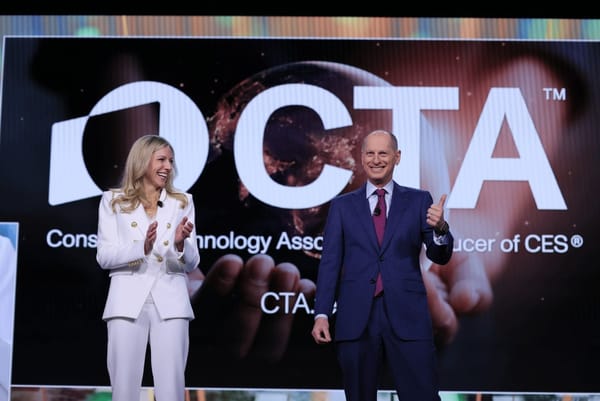


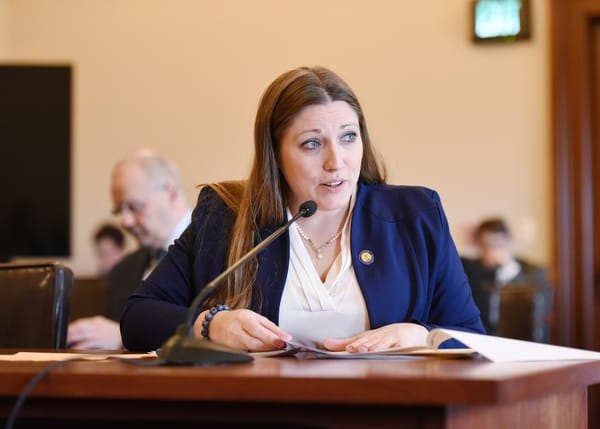
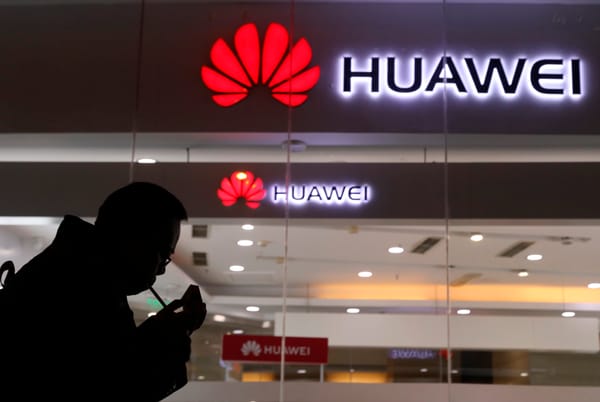


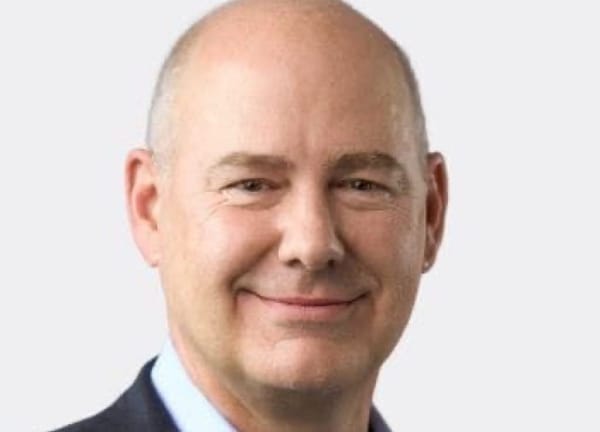
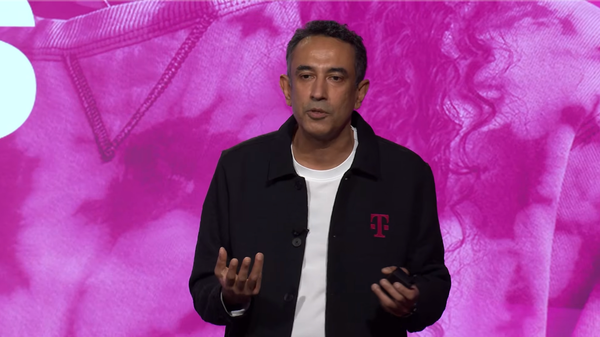
Member discussion